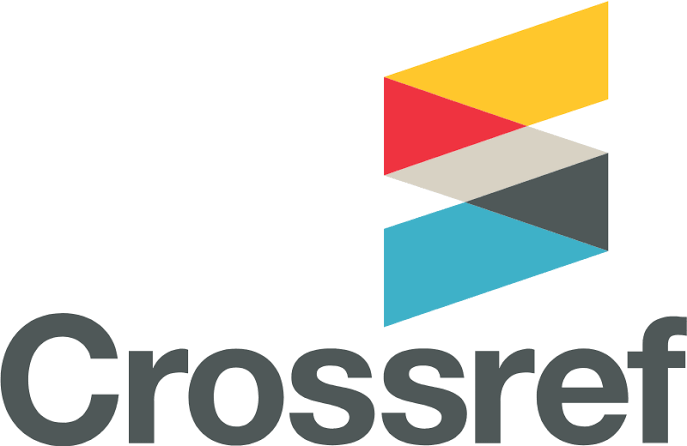HUMAN RESOURCES MANAGEMENT IN TERTIARY EDUCATION IN NIGERIA
DOI:
https://doi.org/10.59795/m.v1i2.167Keywords:
Human resource management, tertiary education, Nigeria, workforce development, institutional sustainabilityAbstract
Human resource management (HRM) is central to the sustainability, performance, and competitiveness of tertiary education institutions in Nigeria. Effective HRM practices influence teaching quality, research productivity, employee morale, and student success. This chapter explores the concept, roles, and functions of HRM in tertiary education, with emphasis on its contribution to workforce development, institutional efficiency, and national development. It highlights core HRM elements—recruitment, training and staff development, performance management, compensation, employee relations, and workplace safety—while analyzing challenges such as underfunding, corruption, political interference, frequent strike actions, recruitment embargoes, and the growing problem of trainee abscondment. These problems weaken the effectiveness of HRM and limit institutional growth. The chapter proposes actionable solutions, including increased funding, granting autonomy to institutions, leveraging digital technologies, ensuring fair recruitment processes, improving staff welfare, and strengthening policy implementation. The chapter concludes that effective HRM is indispensable for quality assurance, innovation, and global competitiveness of Nigerian tertiary institutions, and for their ability to produce competent graduates capable of driving national transformation.
Downloads
Published
How to Cite
Issue
Section
License
Copyright (c) 2025 Multi-Disciplinary Research and Development Journals Int'l

This work is licensed under a Creative Commons Attribution-NonCommercial-NoDerivatives 4.0 International License.












